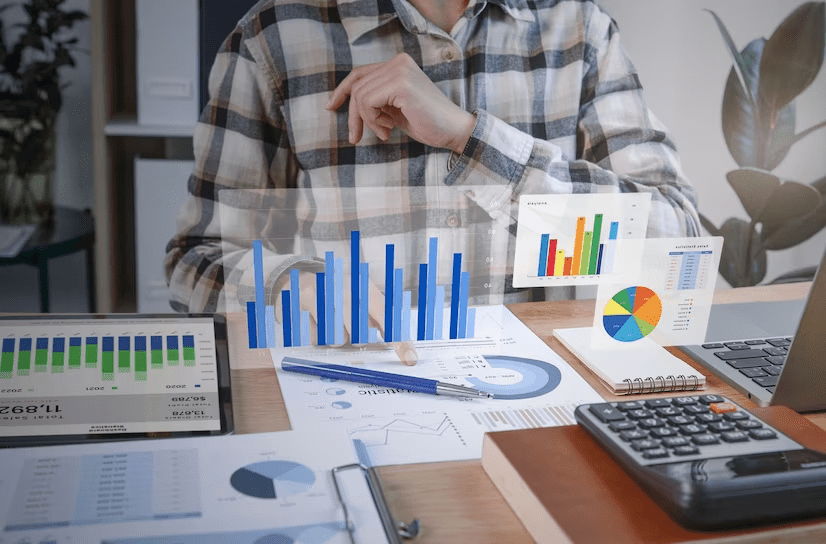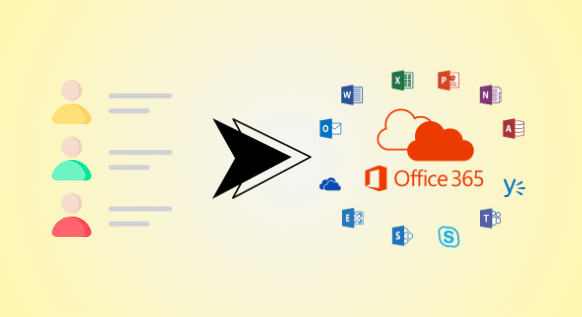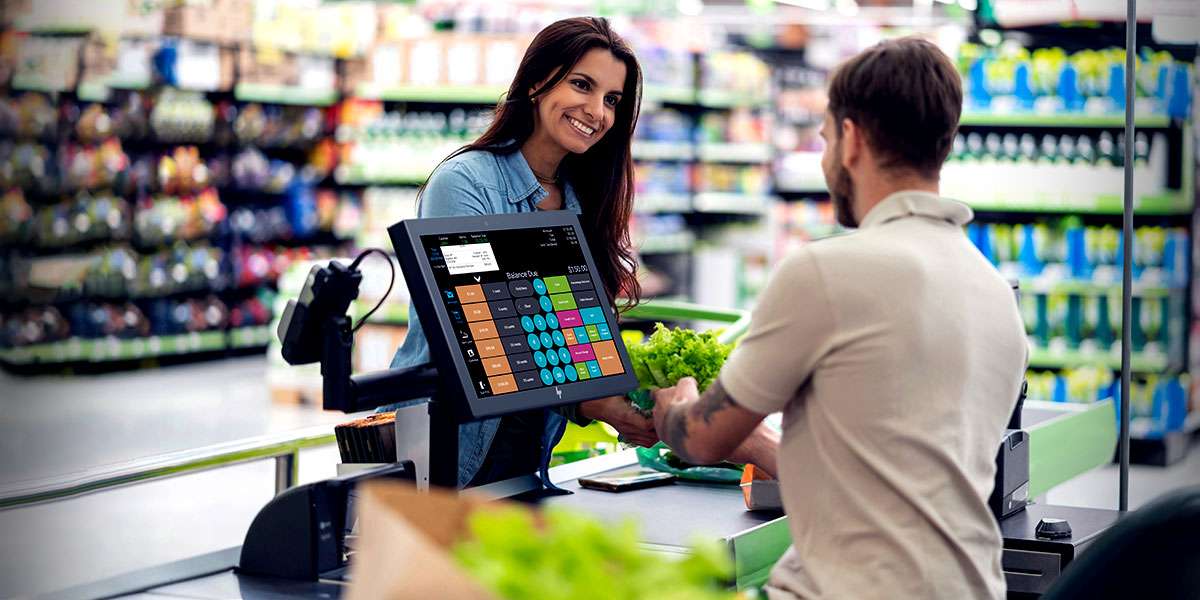Accounting software has come a long way, transforming the way businesses manage their financial processes. As technology continues to evolve at a rapid pace, the future of accounting software looks promising, with emerging trends and advancements that will further revolutionize the industry. In this article, we will explore some key trends and predictions for the future of accounting software.
Artificial Intelligence (AI) and Machine Learning (ML) Integration:
Artificial intelligence and machine learning are poised to play a significant role in the future of accounting software. These technologies can automate repetitive tasks, such as data entry, reconciliation, and categorization of transactions. AI-powered chatbots can provide real-time assistance and answer common accounting queries, improving efficiency and reducing the burden on human accountants. ML algorithms can also analyze financial data and detect patterns, anomalies, and potential fraud, providing valuable insights to businesses.
Enhanced Data Security:
As cyber threats become more sophisticated, ensuring robust data security is crucial for accounting software. Future accounting software solutions will implement advanced encryption techniques, multi-factor authentication, and biometric authentication to protect sensitive financial data. Blockchain technology may also be integrated to provide a decentralized and immutable ledger, ensuring transparency and reducing the risk of data manipulation.
Cloud-Based Solutions:
Cloud-based accounting software has gained significant popularity in recent years, and this trend is expected to continue. Cloud solutions offer the benefits of accessibility, scalability, and cost-efficiency. Users can access their financial data from anywhere, collaborate in real-time, and enjoy automatic updates without the need for complex on-premises infrastructure. As internet connectivity improves globally, businesses will increasingly adopt cloud-based accounting software to streamline their financial processes.
Automation of Routine Tasks:
Automation will continue to play a pivotal role in accounting software. Mundane and repetitive tasks, such as data entry, invoice processing, and report generation, will be automated, freeing up accountants’ time to focus on value-added activities. Robotic Process Automation (RPA) will be employed to perform these tasks, ensuring accuracy and efficiency. This automation will enable accountants to shift their focus towards strategic financial analysis, forecasting, and decision-making.
Integration with Third-Party Applications:
Future accounting software will have seamless integration capabilities with various third-party applications. Integration with payment gateways, customer relationship management (CRM) systems, inventory management software, and other business tools will streamline data flow, eliminate manual data entry, and provide a comprehensive view of the financial health of the organization. This integration will enhance efficiency, reduce errors, and enable better decision-making based on real-time, integrated data.
Mobile Accounting:
The rise of mobile technology has transformed the way we work and access information. Accounting software will continue to embrace mobile applications, allowing users to manage their financial processes on the go. Mobile accounting apps will provide functionalities such as expense tracking, invoicing, receipt scanning, and real-time financial reporting, empowering users to stay connected and make informed decisions anytime, anywhere.
Data Analytics and Business Intelligence:
Accounting software will evolve to offer advanced data analytics and business intelligence capabilities. Powerful reporting and visualization tools will provide insights into financial trends, key performance indicators (KPIs), and forecasts. With data analytics, businesses can gain a deeper understanding of their financial position, identify opportunities for cost savings, optimize cash flow, and make data-driven decisions.
Industry-Specific Solutions:
As businesses become more specialized, industry-specific accounting software solutions will gain traction. These solutions will cater to the unique accounting needs and regulations of specific industries such as healthcare, real estate, manufacturing, and non-profit organizations. Industry-specific software will offer tailored features, reporting templates, and compliance functionalities, ensuring accurate and efficient financial management.
In conclusion, the future of accounting softwares is exciting, with trends and predictions that promise to transform the industry. Artificial intelligence and machine learning integration, enhanced data security, cloud-based solutions, automation of routine tasks, integration with third-party applications, mobile accounting, data analytics, and industry-specific solutions are some key areas that will shape the future of accounting software. By embracing these advancements, businesses can streamline their financial processes, improve efficiency, make informed decisions, and stay ahead in an increasingly competitive landscape. It’s an exciting time to be a part of the accounting software industry as we witness the evolution of technology in revolutionizing financial management.










